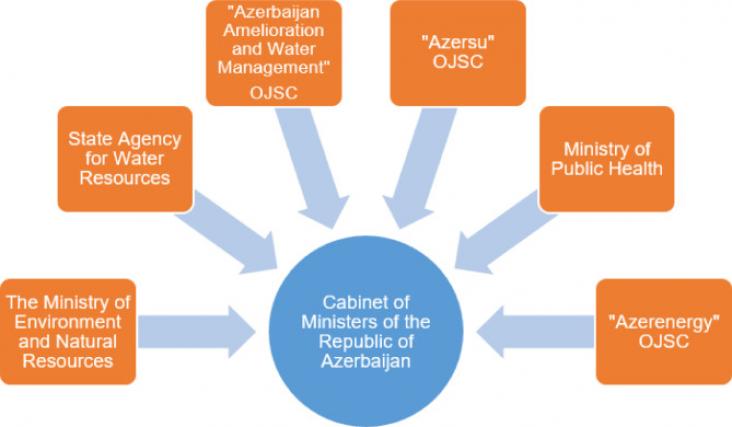
Mercury contamination in soil, water and air is associated with potential toxicity to humans and ecosystems.

In this paper, the objective is to analyze the water management in Azerbaijan to ensure the country's water safety by improving the efficiency of water management and consumption.

The #SDGBookClub helps children learn about the Sustainable Development Goals. The book club presents a selection of books for children aged 5-12 on each of the goals. Check out the books that have been selected in support of Goal 6 - Clean Water and Sanitation.
This study empirically examines the effects of school toilet provision on the primary-school attendance rate in Kenya.
This study supports SDGs 3 and 6 by identifying passive chlorination at the point of collection as an effective and scalable strategy for reducing diarrhoea in children and improving access to safe and affordable drinking water in a low-income urban setting.
This study supports SDG 1, 3, and 6 and by assessing socioeconomic determinants of leprosy risk in over 33 milion Brazilian individuals and providing a robust assessment of the contribution of deprivation to the risk of leprosy, which is classified as a rare disease.
In the last couple of years, deep eutectic solvents (DESs) have been raising a lot of attention mainly due to their versatility and their easy and speedy preparation without the need of further purifi
The number of countries with a national development plan has more than doubled, from about 62 in 2006 to 134 in 2018.
This paper relates to remote sensing of water use and water stress in the African savanna ecosystem at a local scale, as well as the development and validation of a monitoring tool.
The 2030 Agenda for Sustainable Development is ambitious and inclusive, but how well are these global aspirations likely to result in implementable policy change for water and sanitation?
